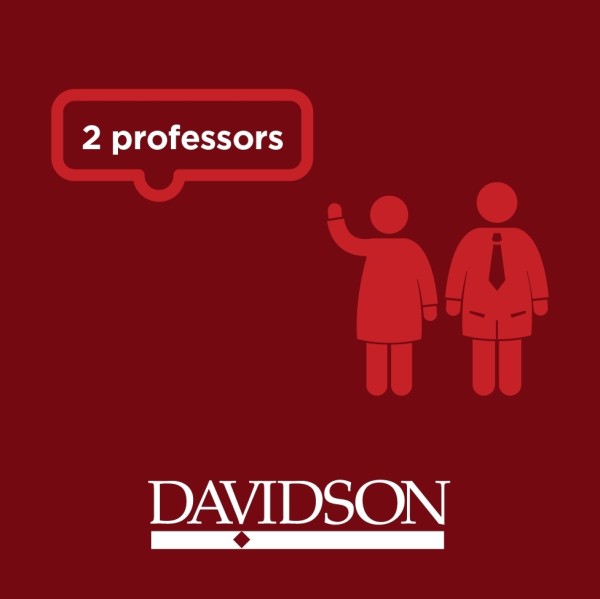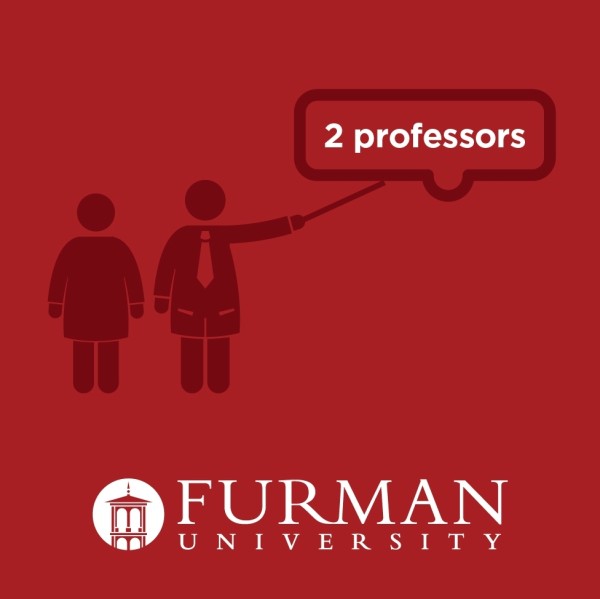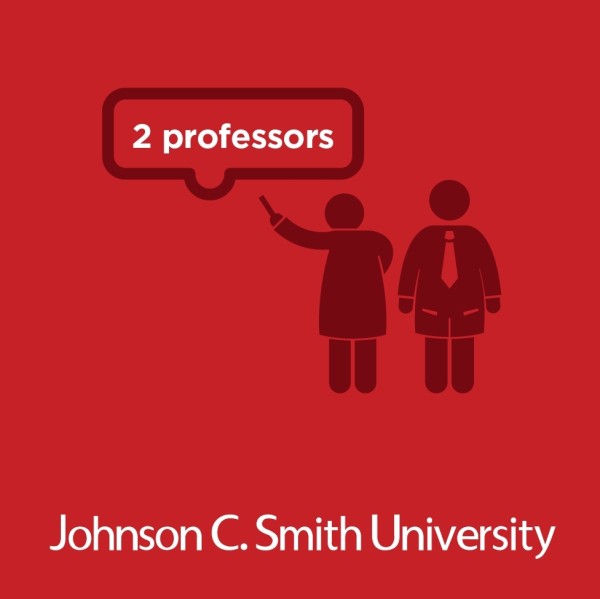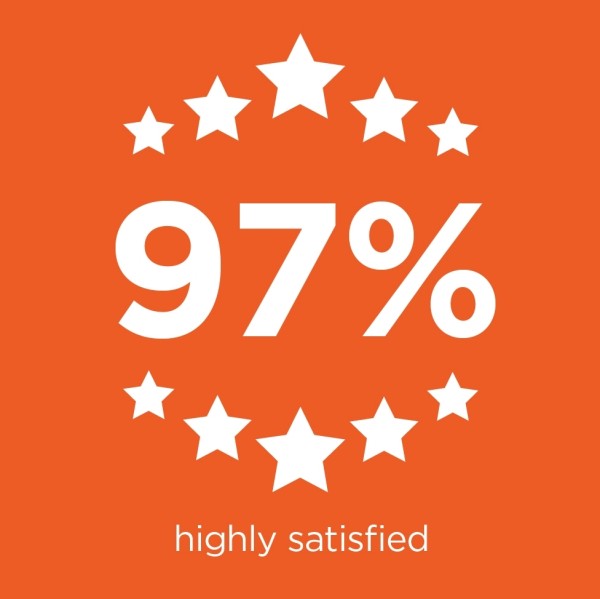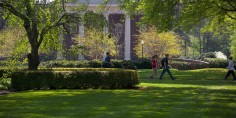When Nick Radel arrived at the National Humanities Center this past summer, he had 700 pages of notes, an unfinished essay and a looming deadline. By the end of his four weeks, the Furman University English professor had completed a draft and was able to hit “send” to his publisher.
“I would still be writing if not for that gift of time,” says Radel, who focused on the major trends in scholarship around Shakespeare’s “Richard II.” “Instead, I completed my draft and got a rave review back from my editor.”
A Furman professor since 1986, Radel joined 35 other humanities scholars from across the country for a June residency at the Center, allowing them a rare chance to launch, or advance, their work. Based in North Carolina’s Research Triangle Park, the Center began offering the new program in 2018 to complement its more established nine-month Fellowship.
The summer residencies are open to faculty at 40 sponsoring institutions. Grants from The Duke Endowment to Davidson College, Johnson C. Smith University and Furman are funding the opportunity for scholars from each of those campuses. The support is part of the Endowment’s focus on helping the schools recruit, develop and retain strong faculty, all of which contribute to the institutions’ long-term success.
“It’s an extraordinary opportunity for Furman faculty,” says Furman President Elizabeth Davis. “It’s a recognition of their hard work and expertise, and an opportunity to immerse themselves in humanities scholarship alongside colleagues from around the country.” Funding from the Endowment, she says, “makes it possible for our faculty to attend and grow as scholars in their fields, which, in turn, creates a more robust learning experience for our students.”
Along with Radel, Furman professor Michele Speitz worked on her monograph, “Technologies of the Sublime: Romantic Materialisms and the Mechanical Supernatural.” She was able to proof an article for publication, revise a book proposal based on a National Humanities Center presentation, and have a “breakthrough” on her book introduction.
“It’s hard to imagine a better place for propelling your scholarly activity,” Speitz says. “I’ve never been so free to pursue my ideas, nor have I ever made as much progress on my work, even during summer months or while at other residential fellowships.”
‘Intellectual Nirvana’
The National Humanities Center was formed in 1978 as the world’s only major independent institute dedicated exclusively to advanced study in all areas of the humanities. Its main building is named in honor of Archie K. Davis, a banking leader who also led The Duke Endowment’s Board.
The Center offers an education program that supports the work of millions of school teachers across the county with online materials and webinars, and it hosts public engagement and advocacy efforts to promote the significance of the humanities.

